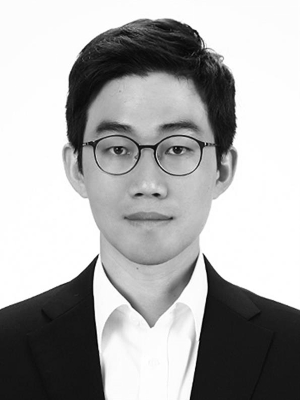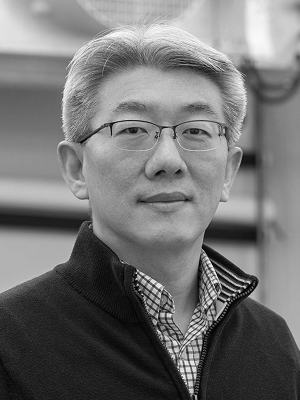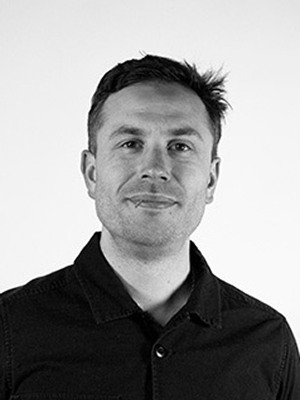Courtesy of the generous contributions of the Dr. John S. Michelman Fund for the Advancement of Sustainable Technology, the Michelman Green, Clean, and Sustainable Technology Research Innovation Program supports applied R&D and use-inspired research
with the potential to meaningfully contribute to improvements in environmental health, environmental stewardship, and sustainability by demonstrating new and marketable scientific and technical innovations intended to address real-world problems in
the Green-tech and Clean-tech fields.
Applicants for the fourth cohort of Michelman grantees could apply as either single investigators or as multi-investigator teams. Grantees were selected based on the quality, novelty, and creativity of their proposed applied research topic which demonstrated
a clear potential to make tangible contributions that improve societal outcomes. Single investigator grantees were awarded up to $35,000 and multi-investigator teams were awarded up to $80,000 for a 24-month project period with the intent to accelerate
their applied R&D activities to the point that they can obtain external funding.
Congratulations to the following grantees!
Development of an Advanced Wave Energy Converter for Sustainable and Reliable Electricity Production
 Donghoon Kim
Donghoon Kim
College of Engineering and Applied Science
Aerospace Engineering and Engineering Mechanics
This project aims to develop a sub-scale prototype of a wave energy converter that captures more wave energy than conventional designs, enhancing the sustainability and reliability of wave energy-based electricity. The research has the potential to revolutionize
ocean wave energy into a practical solution for coastal energy needs, such as powering remote islands and seaside cities with dependable, renewable electricity. In doing so, this project supports reduced fuel dependence and progress toward net-zero
emissions goals.
Energy-Efficient and Robust Modified Amine-based DAC Sorbent Technology
 Joo-Youp Lee
Joo-Youp Lee
College of Engineering and Applied Science
Chemical and Environmental Engineering
The proposed research will evaluate an innovative direct air capture (DAC) system that can effectively capture and separate CO2 from ambient air. The successful development of this technology will help mitigate CO2 emissions, helping to fight back against
climate change and improve the lives of all.
Beyond Brick: Waste Integration into Masonry Manufacturing
 Tyler Swingle
Tyler Swingle
College of Design, Architecture, Art, and Planning
School of Architecture and Interior Design
This research advances sustainable construction practices by developing clay bricks that incorporate reclaimed masonry waste and agricultural byproducts, reducing reliance on virgin materials and diverting waste from landfills. By improving the thermal
performance and environmental footprint of masonry units, the project supports more energy-efficient, low-impact building systems. Regionally, it fosters cross-industry collaboration and offers scalable solutions for circular design in Ohio’s
construction and agricultural sectors.